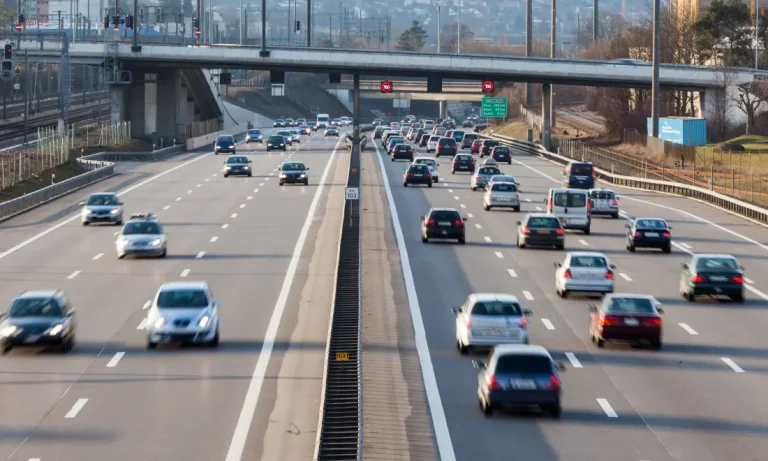🎧 Listen to This Article
Switzerland’s Federal Council has unveiled plans to subject electric vehicles (EVs) to taxation starting in 2030, in a move designed to offset declining revenues from traditional fuel taxes. The proposal, now out for consultation until January 2026, comes as policymakers grapple with a structural challenge facing road finance in the era of decarbonisation.
The Fiscal Logic Behind the Move
Unlike many jurisdictions where fuel duty forms part of a broader tax mix, Switzerland’s roads are funded almost entirely on a user-pays basis. The mineral-oil tax on petrol and diesel has been the backbone of the National Road and Agglomeration Transport Fund (NAF), while also supporting the federal budget. As fuel consumption falls, so does this critical revenue stream.
Electric vehicles, while contributing to road wear, currently bypass the mineral-oil tax altogether. “This is effectively a free-rider problem,” says one Zurich-based tax practitioner. “EVs use the same infrastructure but contribute little to its upkeep. That imbalance is becoming politically and fiscally untenable.”
Two Models on the Table
The Federal Council is considering two competing approaches:
- Mileage-based levy – Drivers would be taxed per kilometre driven, with rates scaled to vehicle weight. This system mirrors road-charging schemes in countries like Germany but would require significant tracking infrastructure and a mechanism to exclude foreign-driven miles.
- Electricity surcharge – A tax applied directly to charging, both at public and private stations. While simpler to collect, this model risks taxing electricity not used on Swiss roads and could penalise households charging from solar panels.
Both designs would necessitate a constitutional amendment, meaning approval from both citizens and cantons.
Economic and Market Implications
The timing of the announcement is contentious. EV adoption in Switzerland, though growing, has slowed in recent quarters. At the end of 2024, Switzerland’s fleet comprised 2.9 million petrol cars, 1.2 million diesels, 360,000 hybrids, and just over 200,000 battery-electric vehicles. Plug-in hybrids added a further 100,000.
Introducing a future tax regime risks adding friction to the transition. “Investors and consumers look for certainty,” notes a Geneva-based economist. “A pending road tax may delay purchases, particularly when upfront costs of EVs remain higher than conventional vehicles.”
Yet the fiscal arithmetic is unavoidable. Without reform, the erosion of fuel-tax revenues could leave a multi-billion-franc hole in the transport budget, with spillover effects on federal finances.
Next Steps
The consultation process runs until 9 January 2026. Should the proposal gain sufficient support, Swiss voters will ultimately decide through a referendum. If approved, Switzerland would join a growing list of European countries experimenting with road-use charges as governments search for sustainable ways to fund infrastructure in a post-fossil-fuel economy.
For any questions, clarifications, feedback, or contributions regarding this article, please contact us at editorial@tax.news. We welcome your input and are dedicated to delivering accurate, timely, and insightful tax news. All inquiries will be handled confidentially in accordance with our privacy policy.



